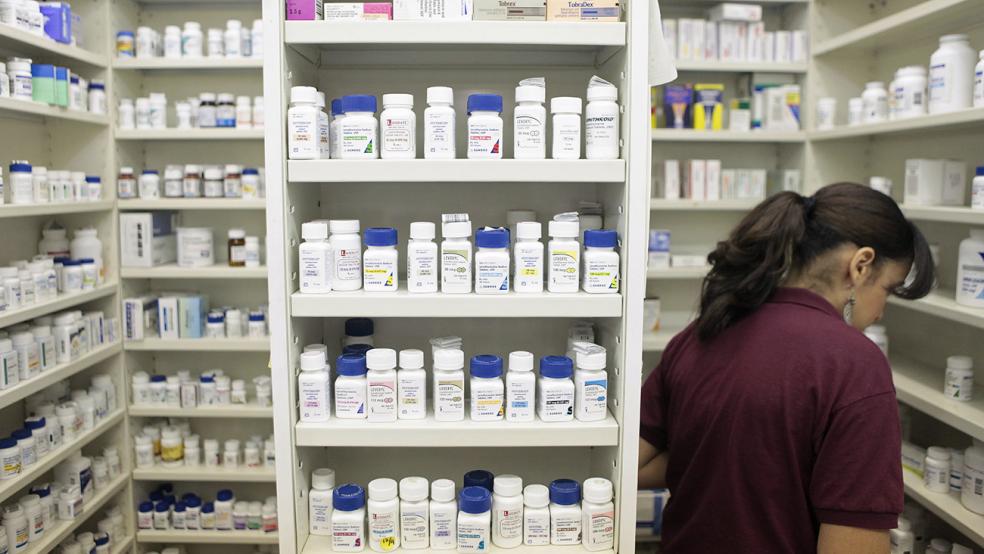Medicare could have saved almost $80 billion last year alone if it had paid what the U.K. does for prescription drugs that don’t have any competitors, according to a new study in Health Affairs.
The study looked at Medicare costs for 79 brand-name drugs that are only available from a single source and have been on the market for three years or more. The researchers compared Medicare Part D spending on those drugs to prices in the U.K., Japan and Ontario. They found that the U.S. price, after rebates, was 3.6 times higher than in the U.K., 3.2 times higher than in Japan and 4.1 times higher than in Ontario — and the longer a drug has been on the market, the greater the price difference.
If Medicare used what’s known as external reference pricing — basing its payments on international comparisons — it could have saved billions, the researchers conclude.
Buying all single-source drugs at the pre-rebate price in the U.K. would have saved $78.8 billion. The savings for the 79 drugs included in the study would have been $41 billion, or 72% of the $56.6 billion Medicare Part D spent on those medications. Even paying three times the pre-rebate UK prices would have saved Medicare $19.8 billion (35%) for the 79 drugs in the study, or $38.1 billion for all single-source drugs. And if Medicare had used the average price from the three reference sources in the study, it would have saved an estimated $72.9 billion on all single-source drugs.
Why it matters: The Trump administration has proposed using an international index of prices for Medicare Part B, which covers drugs administered in a doctor's office, not those you get at a pharmacy. This study suggests billions more dollars could be saved by expanding the idea to prescription drugs covered under Medicare Part D. The pharmaceutical industry opposes such price matching. "An international reference pricing system could result in American seniors losing access to their choice of medicine, and waiting years longer for new breakthrough treatments," the trade group PhRMA said in a statement to Axios.
Another Way Medicare Could Save Big
A new analysis by the Kaiser Family Foundation, a non-profit focused on health care, finds that Medicare beneficiaries who switched to Medicare Advantage plans offered by private insurers had lower prior health spending, on average, than those who did not switch.
Why it matters: Medicare’s payments to Medicare Advantage plans are based on the higher average spending among those enrolled in traditional Medicare. The study suggests Medicare could be overpaying by billions of dollars.
“The findings raise questions about whether Medicare Advantage plans tend to attract healthier and lower-cost beneficiaries and whether lower rates of service use among Medicare Advantage enrollees is attributable to care management or self-selection,” the Kaiser Family Foundation said in a press release. “Most notably, the study findings suggest that the current method of setting payments to Medicare Advantage plans based on spending for people in traditional Medicare may systematically overestimate expected costs of Medicare Advantage enrollees. Adjusting payments to reflect Medicare Advantage enrollees’ prior use of health services could potentially lower total Medicare spending by billions of dollars annually.”






